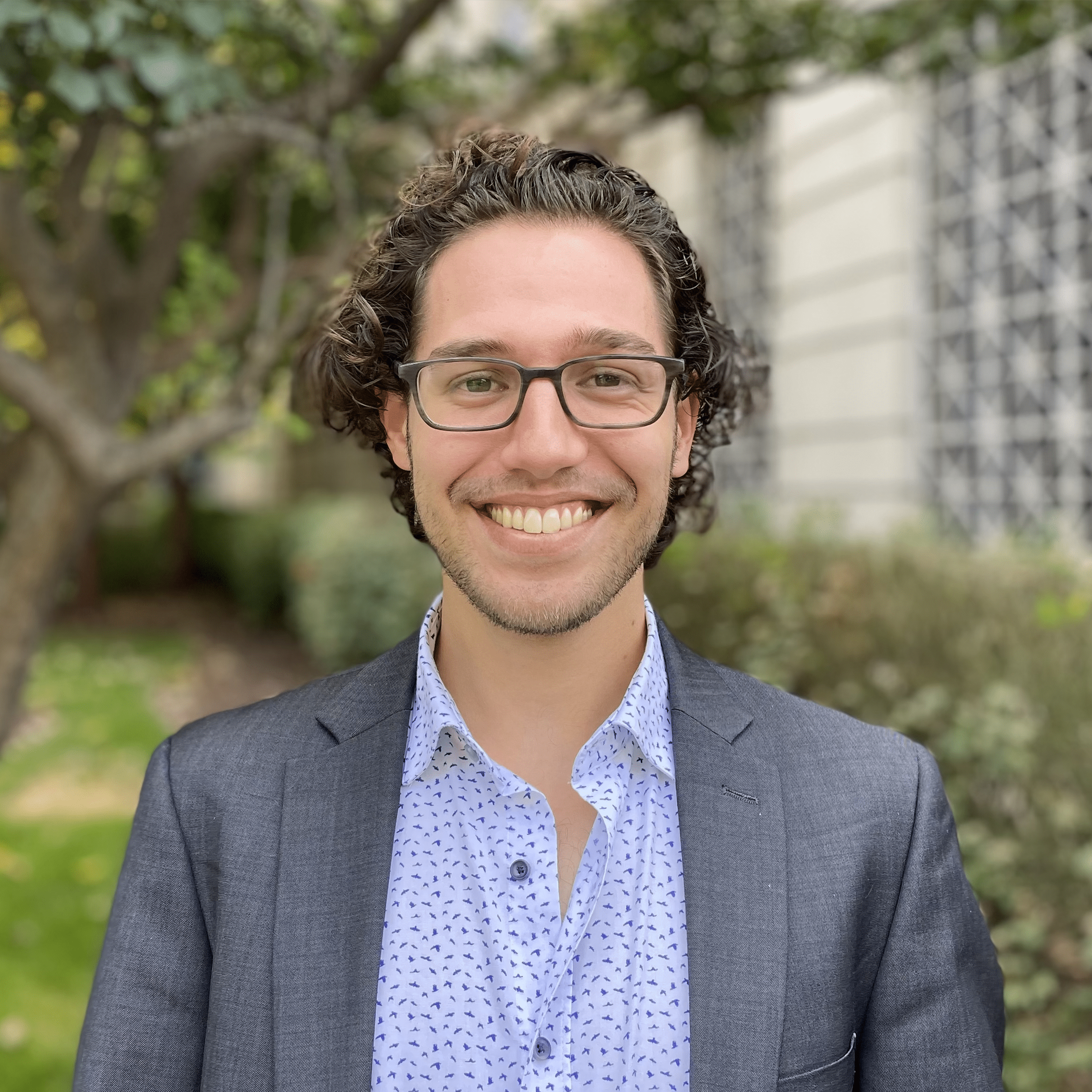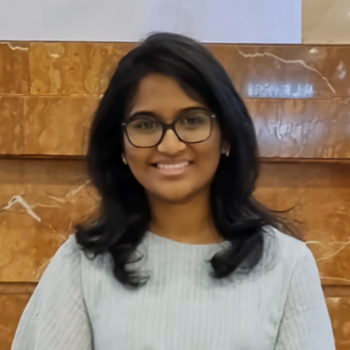This research explores the global AI workforce and policies that affect it, including immigration, education pipelines and talent recruitment and retention—with particular emphasis on the national security workforce. We explore the supply and demand of the AI workforce in the United States and China, the state of AI education in the United States and China, technical talent migration trends within the United States, strengthening DOD’s AI workforce and access to talent, and preparing all U.S. workers to compete and succeed in an AI-enabled world. We also look at the role of non-traditional educational pathways in growing the AI workforce and the status and immigration dynamics of top AI-research talent.

Workforce
Recent Publications
Recent Blog Articles
Our People
Related News
“AI Chips: What They Are and Why They Matter,“ a report by CSET, was referenced in a Business Insider article. The article explores the urgent need in the US for more workers skilled in building AI chips. It highlights a significant decline in the American semiconductor workforce over the past two decades.
In The News
Want a High-Paying ‘Blue-Collar AI’ Job? Check Out Your Community College
January 18, 2024
In an article published by The Messenger, Luke Koslosky provided his expert insights in the evolving landscape of artificial intelligence (AI) education and job opportunities.
In The News
Colleges are touting AI degree programs. Here’s how to decide if it’s worth the cost
March 2, 2024
A CSET data snapshot was cited by CNBC in an article that focuses on the increasing prevalence of AI-specific degree programs, driven by the high demand for AI skills in the job market.
In a Marketplace radio segment, CSET's Zach Arnold shared his insights on the creation of an AI Visa specifically designed for AI talent.
The Washington Post cited a CSET report that delves into the issue of talent retention in artificial intelligence and its effects on the United States' competitiveness. The report was referenced in an article discussing how countries such as the United Kingdom, Australia, and Canada are successfully attracting highly skilled immigrants, including international students educated in the United States.
In his opinion piece in The Hill, Research Analyst Luke Koslosky discusses the role of community colleges in training the next generation of the U.S. AI workforce.







 Applications
Applications Assessment
Assessment CyberAI
CyberAI Data
Data Compete
Compete Supply Chains
Supply Chains Regions
Regions Bio-Risk
Bio-Risk Peer Watch
Peer Watch